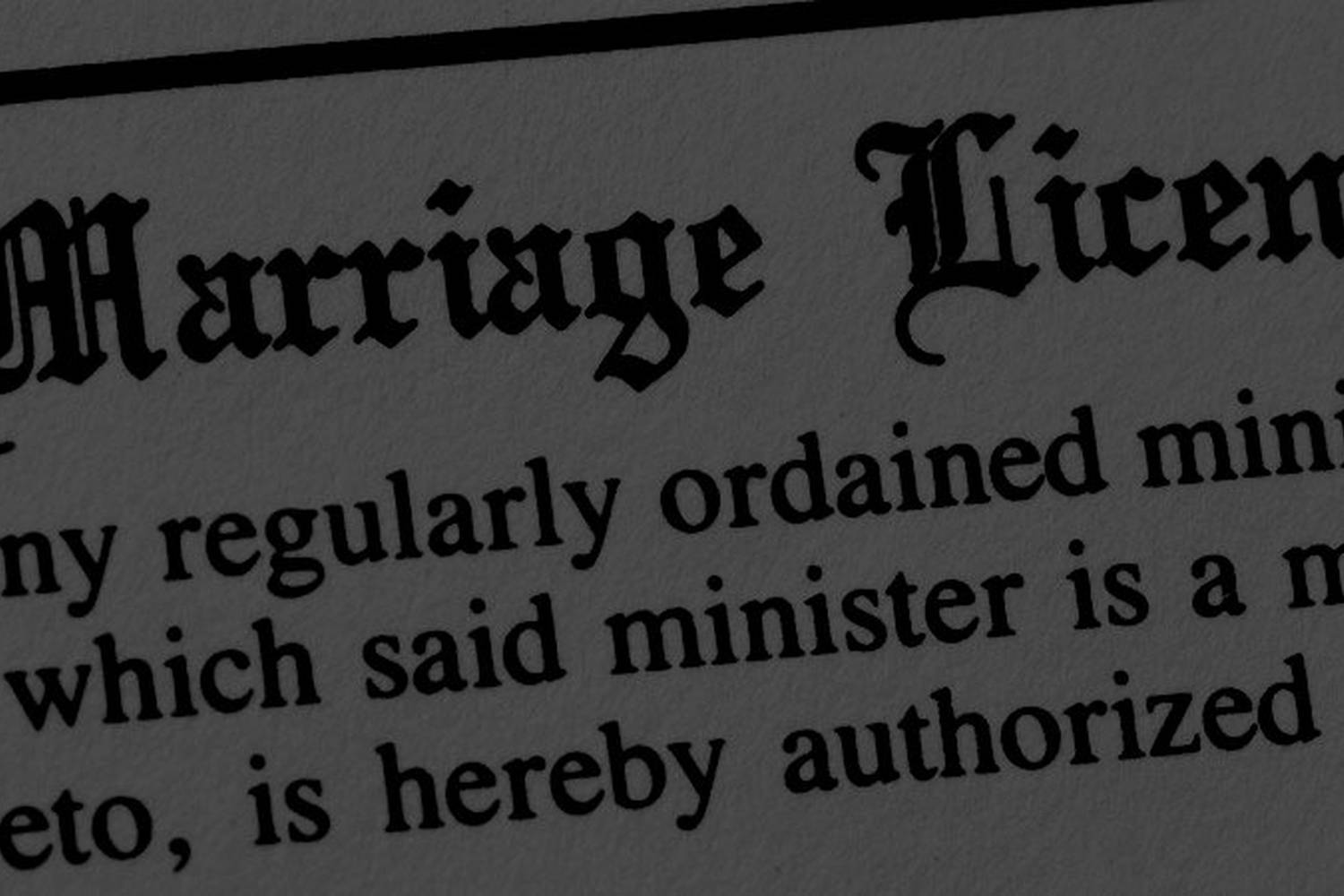Attorney Mark T. Phillis, who handles a wide range of employment issues with a focus on those related to the Family and Medical Leave Act and the Americans with Disabilities Act and NAVEX Global's Diane Brown teamed up on this blog post to examine legal developments related to same-sex spouses.
Over the past two years, there has been a sea change in the treatment of same-sex spouses under both federal and state law. Now that federal law, and the laws in 35 states and Washington, D.C., recognize marriage equality for same-sex spouses, employers must review and possibly change their policies and practices.
Key Implications
The two areas where this ruling and state recognition of marriage equality have the biggest impact on employers are with respect to their leave policies and employer-provided benefits. In both instances, the federal government only recognizes marriages; it does not recognize civil unions or domestic partnerships.
Leaves
An employee who is married to a same-sex spouse and lives in a state that recognizes their marriage will be entitled to take up to 12 weeks of unpaid, job-protected leave under the Family and Medical Leave Act (FMLA) to care for that spouse. The employee also will be eligible for leave under the FMLA’s military leave provisions.
Importantly, only employees in same-sex marriages who live in marriage equality states are eligible to take FMLA leave. Employees who do not live in a state that recognizes their marriage cannot take FMLA leave for their same-sex spouse. This rule now requires employers to know where their employees live to determine whether they are eligible for FMLA leave for their same-sex spouse.
While some employers may try to simplify their leave administration to ensure equal treatment of all their employees in same-sex relationships without regard to the marriage laws in the state in which they live by offering FMLA equivalent leave to all same-sex couples, federal law may still require them to provide more leave than they provide to other employees.
Why? Federal law doesn’t recognize FMLA-equivalent leave. Say, for example, an employee takes FMLA-equivalent leave to care for his same-sex domestic partner. Then, that employee becomes ill himself and needs to take time off. He will be entitled to a full 12 weeks of FMLA leave on top of the FMLA-equivalent leave that he already took to care for his domestic partner.
Retirement Benefits
The IRS has ruled that it will consider same-sex couples as married for federal tax purposes if the couple was married in any jurisdiction that recognized their marriage when it was performed. This rule is known as the place of celebration rule.
As a result of the IRS’s position, employers with 401(k) plans must administer the plans to recognize same-sex spouses for benefits purposes. The IRS set certain dates for employers not only to grant this recognition, but also to amend their plans if their retirement or 401(k) plans define spouse in a way that now is contrary to federal law. There are numerous ways in which this ruling affects employers. For example:
- Spousal consents are now required if someone other than the same-sex spouse is designated as a beneficiary.
- Qualified Domestic Relations Orders must be recognized for same-sex spouses.
Health Insurance Benefits
When it comes to health insurance benefits, an employee who has a same-sex spouse is now entitled to pay the premium for that spouse’s insurance benefits on a pre-tax basis. Employers no longer need to impute income for federal income tax purposes to employees who obtain health insurance coverage for their same-sex spouse, but they may still be required to do so in states that do not recognize marriage equality.
Similarly, same-sex spouses also will be entitled to healthcare continuation coverage under federal COBRA and are eligible to participate in flexible spending accounts the employers offer. If an employer has fewer than 20 employees and is not covered by federal COBRA, but is covered by a state COBRA law, continuation coverage for same-sex spouses will depend on state law.
For employers who obtain health insurance through health insurance companies, state insurance rules may now require that benefits be offered to same-sex spouses if they are offered to opposite-sex spouses. If an employer has self-funded health insurance, these rules would not apply, but employers may face discrimination lawsuits for offering coverage to opposite-sex spouses, but not to same-sex spouses, even in states that do not have an anti-discrimination law covering sexual orientation and gender identity.
What Should Employers Do?
Employers should review their leave and benefits plans, including their summary plan descriptions and other communications to employees to ensure that they comply with state and federal law and that they use gender-neutral references to spouses regardless of whether the employer is in a marriage equality state.
Employers who fail to do so may create not only morale problems, but also potential tax-qualification problems for some of the benefit plans they offer their employees.
Struggling with policy localization and version control? Let us show you why clients love our policy management software, PolicyTech. Schedule a no-obligation walk through of our software with a solutions expert today.






